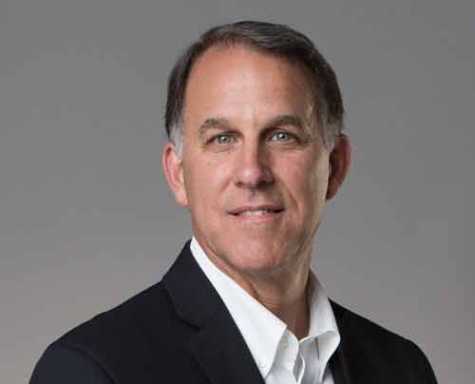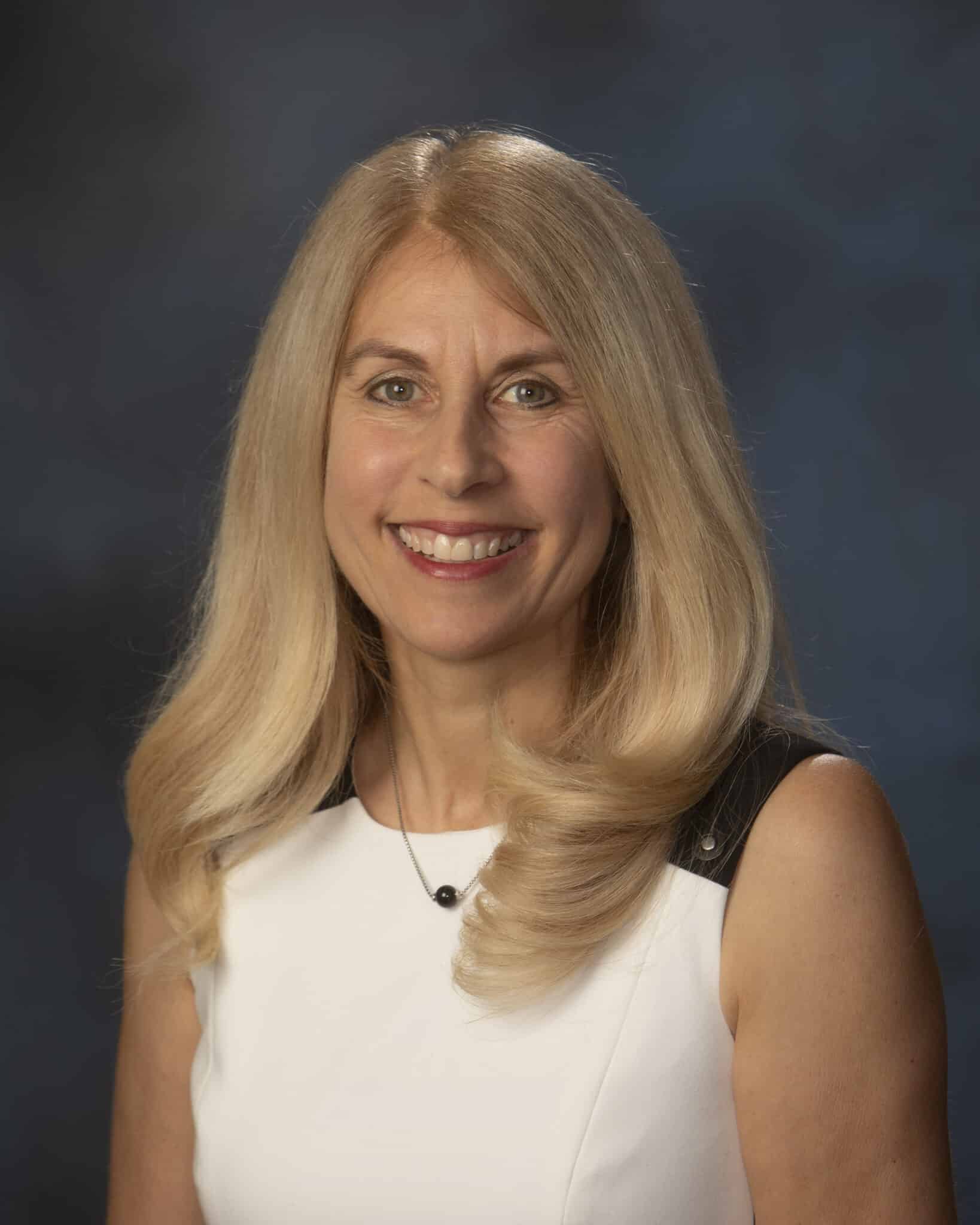Reprinted From: Autobody News
From the time Dean Fisher was very young, he was a car enthusiast.
In addition to running his own customization business, a car wash and owning several CARSTAR stores over his career, Fisher has been part of the CARSTAR family for more than 40 years. He was recently named president of the Collision Group for Driven Brands, the parent company of CARSTAR.
In all of his roles, Fisher said he has been open to change.
“I embrace it and teach others to embrace it as well,” he said.
Despite the recent changes taking place in the industry due to the coronavirus, Fisher said he is keenly focused and optimistic about the industry.
Autobody News reached out to Fisher to learn more about CARSTAR, the company’s franchise model and future predictions about the industry.
Q: How did you get involved in the industry and decide to join CARSTAR?
A: I was a “motorhead” from a young age and loved minibikes and go-carts. I actually bought and sold nine cars before I was 17-and-a-half years old.
Fortunately, I met a couple of customizers who I worked with for a while, and then started my first business when I was 21 years old—a customizing shop called Auto Creations.
After 15 years running that company, I diversified and opened a car wash, an oil and lube center, and in 1991 decided to join CARSTAR and build collision repair shops. I became very involved at CARSTAR and worked with a team of people to design what is now called the EDGE Performance Platform. EDGE is the proprietary training program exclusively for CARSTAR stores, focused on improving the “three Cs”: closing ratio, cycle time and the Customer Satisfaction Index (CSI.)
I’ve held a variety of roles at CARSTAR since joining the organization and became the vice president of service and operations in 2013. Two years later, I was named COO and held that position until I became president of CARSTAR. Just recently, I transitioned to be the president of the Collision Group for Driven Brands.
It’s amazing to be in this arena and I really enjoy it. I love Driven Brands’ entrepreneurial spirit.
Q: What would you like the industry to know about CARSTAR?
A: I love to say that our greatest asset is our franchisee base. CARSTAR consists of entrepreneurs who are self-thinkers, and the owners are usually very involved in their communities. We are champions of the independent repair center and our goal is to bring them all of the pieces and parts needed so they can compete against consolidators moving into their markets.
There are approximately 385 CARSTAR stores in the U.S. and another 315 in Canada. When you add that to the other two collision brands in the organization, we are approaching 1,000 repair centers within Driven Brands. A lot of great ideas are generated with that kind of footprint. We have fostered an excellent environment for learning by having honest discussions and challenging each other. Many stores are family-owned, so we like to say, “We are a family of family businesses.”
Q: What sets CARSTAR apart?
A: Most of CARSTAR’s franchisees are conversions. We have very few brownfields and greenfields within our system. Typically, our owners are independents who have multiple stores and look at our value proposition and how we can potentially help them.
Our sheer size also affords shops many opportunities to enhance their business profitability. This includes access to discounts and aggressive pricing models with vendors, OEM repair guidelines and procedures and a single point of contact for insurance business.
We’ve found our stores often look for assistance with insurance agreements. Many insurers are migrating from a Direct Repair Program (DRP) environment to what we call a performance-based agreement environment. When a shop achieves certain performance parameters, it receives credit. To help our stores strengthen their insurance protocols, we share information about how to measure performance through key performance indicators (KPIs) roll-ups and scorecarding.
I like to refer to our model as “coach, counsel and consult.” We offer hands-on local coaching from our area managers of operation as well as online education through our CARSTAR University program.
Our robust learning management system includes CARSTAR EDGE Training, which is role-based support to guide our franchise partners, DRP training courses to help coach our stores on specific insurer requirements, as well as I-CAR and OEM training.
These are all things that are available to CARSTAR franchisees and they set CARSTAR apart and make us different. We make it a priority to stay abreast of the newest trends in the market and educate our stores.
Q: What processes were put into place to help franchisees protect consumers and employees during the coronavirus restrictions?
A: Since the start, we closely monitored the recommendations provided by the World Health Organization (WHO), Centers for Disease Control and Prevention (CDC), the Occupational Safety and Health Administration (OSHA), as well as some of the OEMs related to COVID protection. We then shared that information with our franchisees as quickly as possible. This includes recommended cleaning procedures, how to interface with customers in a no-touch environment and photo-based estimating tips.
We also created a complete mapping process within days of the outbreak to counsel stores on what they should do in the event of a COVID outbreak at their facility.
Up until recently, we held weekly calls with our stores to share information about Personal Protective Equipment (PPE), industry funding and other relevant topics. These have been incredibly helpful and informative. Our goal is to ensure they feel supported during this time.
Q: Can you share your thoughts about the current market and how it is affecting the industry?
A: We are certainly in a down market right now, but that’s good news for us because it appears that we are tracking favorably in the industry. Even during the middle of an industry disaster, we were still able to grow and add stores. I believe we were able to do this because we have a solid operational platform.
I think an independent today can look at us and recognize where the industry is going. There is incredible pressure on insurance companies and OEMs to have market coverage and operate and expand more profitably. Many insurers are caught off guard with the technology and infrastructure that is built around the automobile today and the cost of repair.
Looking at a graph from the period 2005 to 2015, we would see minimal movement in the cost of repairs, maybe $300 to $500. However, if we look at 2015 to 2020, we would see that move in the hundreds of dollars on an annualized business. The cost to repair a vehicle used to be approximately $1,800 to $2,200. Now, we are watching the average repair rocket past $3,000. That’s all related to vehicle technology such as smart-driving components and Advanced Driver-Assistance Systems (ADAS.)
No matter what happens, whenever a consumer gets into an automobile, the technical expertise behind that is going to put pressure on the repair aspects of the vehicle as far as costs go. I think there is pressure on insurers around that. I also think OEMs are looking to scale their model more and increase the focus on certification.
While we have insurance companies focusing on cost containment and control, there are also OEM protocols to adhere to. Repairers must blend the two and meet somewhere in between. This compromise has been a very interesting process and I think shop owners are looking for guidance.
Q: What are your future predictions in light of the changes taking place?
A: CARSTAR has created a plan called “Operation Focus,” on how to move forward as a business in the new normal. We all realize that 2020 will be different. Unfortunately, there isn’t a magic moment when millions of people are going to get back into their cars and drive again, and our industry is dependent on vehicle miles driven.
We also feel there will be added complexities to the automobile, demanded by consumers and OEMs. I think vehicles will continue to be much more expensive to repair.
Therefore, we’ll have to find a balance with those who are insuring that opportunity to drive. I believe a lot of repairs will become more OEM-concentric related to the manufacturers’ guidelines and repair processes, so we’re intently training our stores around that and requiring our franchisees to do the same. We and our franchisees work very aggressively to ensure vehicles are returned to the customer in a safe, drivable condition.
I think there will also be industry stresses related to equipment demands needed for future repairs. When I started in this industry, my first welder cost $1,600; today, a welder can cost upwards of $35,000. When you put that in perspective, there is an incredible expense to bear when repairing certain things.
There is a certain level we feel a store needs going forward to afford the equipment and training and meet the protocols that will be in place.
The technician of the future is a lot different than a technician 20 years ago. There is literally more “tech” involved. Although many of us are challenged to find individuals with the level of mechanical aptitude needed in our industry, and our franchisees are not immune to that challenge, COVID-19 may help drive some people to attend vocational schools to help meet this need.


